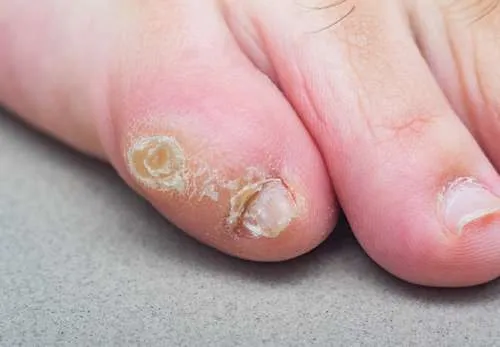When should I see a podiatrist for corns and calluses?
We recommend making an appointment to see a podiatrist if:
- you’re experiencing a corn for the first time
- home treatments haven’t managed foot calluses or corns
- you think abnormal bone structure or the way you walk is contributing to problems with your feet
- you have painful calluses or corns that prevent you from walking normally
- there are signs of infection in your feet such as redness, swelling, pain or pus oozing from a corn or callus
- you have diabetes – foot problems can be more serious in people with diabetes.


